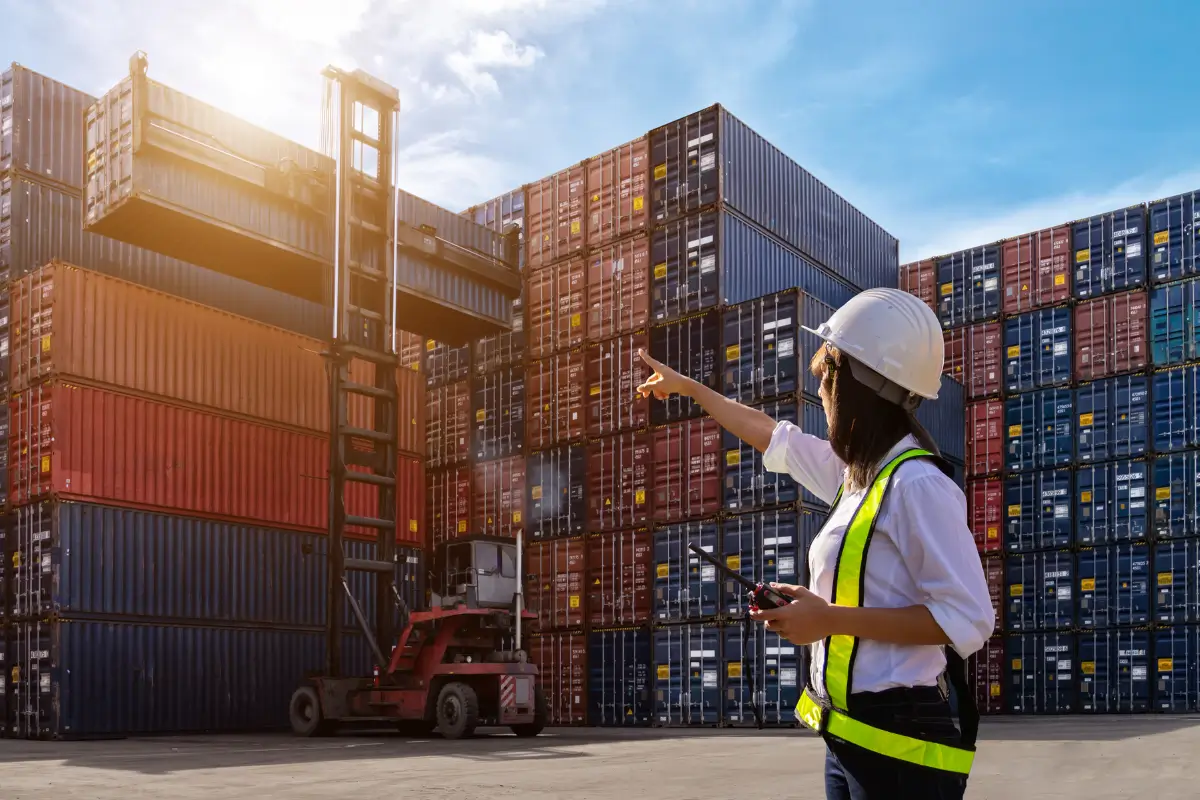Importing goods into Indonesia involves more than just bringing products across borders. It is a highly regulated process governed by a series of laws and regulations that aim to protect public health, ensure fair trade practices, and maintain the country’s economic stability. Understanding the regulations surrounding importation in Indonesia is essential for any business looking to enter the Indonesian market. This article offers a detailed exploration of the import process, including an overview of key import regulations, the benefits and challenges of importing, and how ET Consultant can assist businesses in navigating Indonesia’s complex import laws.
Key Importation Regulations in Indonesia
In Indonesia, the importation of goods is regulated by various laws, ministerial regulations, and customs provisions. These laws aim to ensure that all imported goods meet the country’s legal, health, and safety standards. Below is an overview of the key regulations that businesses must comply with when importing products into Indonesia:
- Customs Law (Undang-Undang Kepabeanan No. 17/2006)
This law governs the importation and exportation of goods in Indonesia. It outlines the customs procedures, including clearance, duties, tariffs, and documentation required for legally importing goods. Importers must ensure that they comply with customs procedures to avoid penalties or delays. - BPOM Regulations for Food and Pharmaceuticals
For businesses importing food, beverages, cosmetics, or pharmaceutical products, the Indonesian National Agency for Drug and Food Control (BPOM) enforces strict regulations. Importers must obtain BPOM registration, conduct product safety testing, and adhere to labeling requirements to ensure that the products meet local health and safety standards. BPOM regulations also require foreign manufacturers to meet hygiene and safety standards during the production process. - Minister of Industry Regulations for Industrial Goods
The Ministry of Industry oversees the importation of industrial goods, including machinery, raw materials, and manufacturing equipment. Businesses importing industrial goods must comply with technical and safety standards. The ministry regulates imports to ensure that products are safe for industrial use and meet environmental standards. - Import Licensing and Certifications
Depending on the type of product being imported, businesses are required to obtain specific import licenses and certifications. These include general import licenses from the Ministry of Trade and specialized permits from relevant agencies (such as BPOM for food and pharmaceuticals). Non-compliance with these regulations can result in significant penalties, including fines and the confiscation of goods.

What is Importation?
Importation refers to the legal process of bringing goods or services into a country from abroad for the purpose of trade or personal use. In the context of Indonesia, importation involves compliance with a variety of laws, regulations, and requirements that ensure the imported goods meet national safety, economic, and consumer protection standards.
Importation is a fundamental aspect of global trade, and businesses often rely on importing goods that are not available locally or that are produced more efficiently or cost-effectively abroad. In Indonesia, importation is closely monitored by customs and regulatory authorities to prevent the entry of harmful or substandard goods into the market.
Benefits of Importing Goods into Indonesia
- Access to a Wider Range of Products
Importing goods allows businesses to expand their product offerings by introducing foreign products to the Indonesian market. This is particularly beneficial in industries where local production is limited or not cost-effective. - Cost Efficiency and Competitive Pricing
Importing goods can be a cost-effective way for businesses to source products. By purchasing goods from countries where production costs are lower, businesses can offer competitive prices in the local market, improving their profitability. - Encouraging Innovation
Importing foreign goods, particularly advanced technologies or innovative products, can lead to improved local production methods. This contributes to the growth and modernization of various sectors, especially in technology, pharmaceuticals, and food industries. - Stimulating Economic Growth
Importing products can stimulate demand in the domestic economy, benefiting related sectors such as logistics, transportation, and retail. This leads to job creation and a more dynamic economy.

Challenges of Importation
- Compliance with Strict Regulations
The process of importing goods into Indonesia can be complex, requiring businesses to navigate various regulatory hurdles. Non-compliance with import regulations, such as customs procedures or product safety standards, can result in fines, delays, or the seizure of goods. - Import Tariffs and Taxes
Import duties and taxes imposed by the Indonesian government can increase the overall cost of imported goods. These additional costs may affect the price competitiveness of imported products in the local market. - Risk of Supply Chain Disruptions
The importation process, including customs clearance and logistics, can sometimes cause delays. Disruptions in the supply chain, whether due to regulatory issues or external factors, can impact product availability and business operations. - Economic Dependency
Over-reliance on imported goods can potentially undermine local industries, making the economy more dependent on foreign suppliers. This dependency can expose businesses to risks related to fluctuations in international trade or currency exchange rates.
What Happens if Import Restrictions Are Imposed?
Indonesia, like many countries, imposes import restrictions for various reasons, such as protecting local industries, safeguarding national security, and ensuring consumer safety. Import restrictions can include quotas, import bans on certain products, or requirements for special permits.
In the event of import restrictions, businesses must carefully review and comply with the specific regulations set forth by Indonesian authorities. Failure to adhere to these restrictions can result in penalties, fines, and delays in goods delivery. Importers must also be prepared to obtain additional documentation, such as import licenses or special certifications, to comply with restricted product categories.

How ET Consultant Can Help Your Business
Navigating Indonesia’s import regulations can be challenging, especially for businesses new to the market. ET Consultant offers expert legal advice and services to guide companies through the complexities of the importation process. Our team assists businesses in securing the necessary permits, certifications, and licenses, ensuring that they comply with all relevant laws. With ET Consultant’s support, businesses can streamline their importation process, minimize risks, and achieve long-term success in the Indonesian market.
Conclusion
Understanding and complying with Indonesia’s import regulations is crucial for businesses looking to succeed in the local market. The importation process, while offering numerous benefits, comes with its challenges. From navigating customs procedures to ensuring product safety compliance, businesses must work within a well-established legal framework. By partnering with ET Consultant, businesses can ensure that they meet all regulatory requirements, reduce risks, and maximize their opportunities in the dynamic Indonesian market.
Let ET Consultant help you make informed decisions, streamline your importation processes, and ensure full legal compliance with Indonesian import regulations.
***
ET Consultant is a Business Consultant and Legal Consultant Expert that provides support for local and multinational clients to start and manage their business operations in Indonesia. ET Consultant specializes in Business Incorporation, Licensing & Legal, Accounting & Taxes, Immigration, and Advisory Services.
Ready to find out more?
Excellent and Trusted Consultant (ET Consultant)
PPHUI Building Lantai 2 suite 210 Jl. H.R. Rasuna Said Kav. C-22 Kuningan
Jakarta Selatan, 12940 Indonesia.
Tlp : 021 5290 7039
Email : [email protected]


